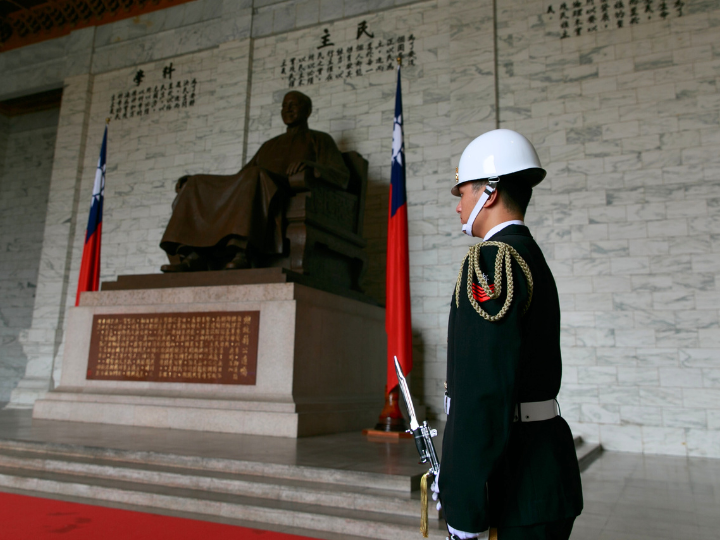N. Peter Kramer’s Weekly Column
Beijing-critical William Lai Ching-te becomes the new president of Taiwan. But China also saw good news in the election results. Lai’s Democratic Progressive Party (DPP) suffered considerably in the parliamentary elections. Of the 61 seats, the DPP kept 51, while arch-rival and less China-unfriendly Kuomintang (KMT) made a big leap forward, from 38 to 52 seats.
The fact that the DPP lost ten seats was enough for China to react with: ‘The DPP can no longer say that it represents the views of the majority of Taiwanese’. The result can indeed be interpreted that a majority of Taiwanese do not want independence and that President-elect Lai must take this into account.
Because the DPP no longer has a majority in parliament, Lai will have to respect the wishes of the opposition. The role of the chairman of the new parliament, probably KMT leader Han Kuo-yu, will gain in influence. He is close to Beijing.
Overall China remained fairly muted in its response on the Taiwanese elections result. The fact that US President Joe Biden reacted that the US does not support Taiwan’s independence probably helped to reassure Beijing. But for the time being the expectations are that China will continue its policy of military and economic pressure on Taiwan.




 By: N. Peter Kramer
By: N. Peter Kramer

